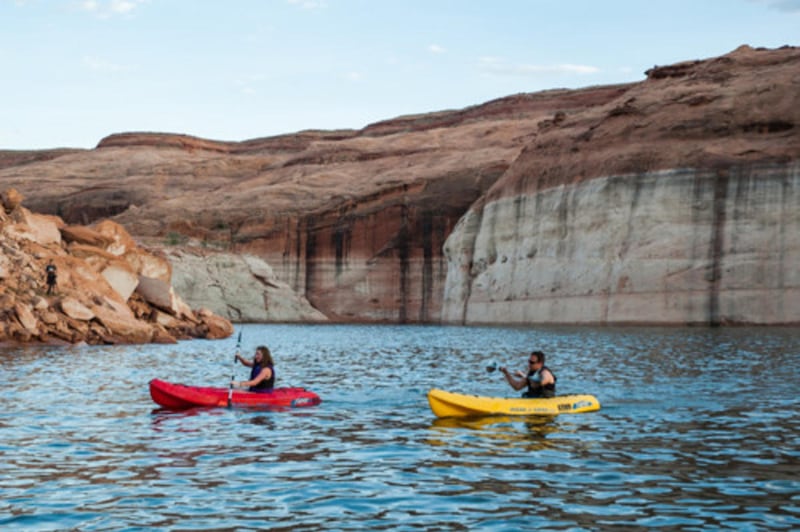For years now, managers of Utah’s municipal water have warned that we are rapidly approaching a crisis in water availability. State projections suggest that our demand for water will surpass the currently developed supply in about 25 years, limiting population growth and economic development. The solution, they argue, is investment in major new water projects such as the Bear River Development and the Lake Powell Pipeline. Others believe that these water projects will not be necessary to supply water to municipalities, will cost taxpayers more than the water is worth, and will result in the draining of the Great Salt Lake and ecological damage to the Lower Colorado River Basin.
Last Wednesday (Jan. 27), the Senate Natural Resources and Agriculture Committee jump-started taxpayer funding of these major water projects with its approval to the floor of Senate Bill 80, which would set aside $36 million in sales tax dollars every year.
Proponents of SB80 argue that Utah has a $33 billion statewide spending need for water development. However, a recent analysis done by the Utah Rivers Council suggests that more than half of these proposed costs are “fabricated.” Additionally, the Office of the Legislative Auditor General has questioned the Utah Division of Water Resources’ projections that Utah’s statewide demand for water will surpass the currently developed supply in 25 years. This audit has led critics to question whether the division is opposed to water conservation in order to protect revenues for water sellers and has inflated estimates of future water needs to scare the public into spending billions of dollars on water projects.
In their 2015 report, the Utah Citizens' Counsel joined others in arguing that Utah’s future municipal water needs can be met through conservation. Our state has tremendous potential for conservation because our per capita domestic water use is by far the highest in the country.
Additionally, although agriculture accounts for only 2 percent of Utah’s economic output, it is responsible for 82 percent of the water used in the state and much of this water is wasted due to poor infrastructure and the antiquated doctrine of prior appropriation, which requires farmers to use their water or forfeit their right to it.
Most important, Utah’s wasteful use of water is largely a consequence of a history of taxpayers footing the bill for municipal water, which means that individuals do not see the true cost of water use in their monthly bill, giving them little incentive to conserve. This destructive mechanism of funding municipal water is exactly what SB80 would extend into the distant future. Now is the time to contact your senators and ask them to vote against SB80.
David Carrier is an assistant to the Utah Citizens’ Counsel and a professor in the department of biology at the University of Utah.

